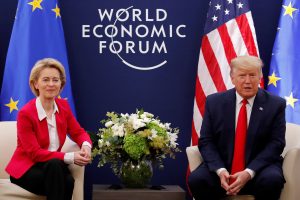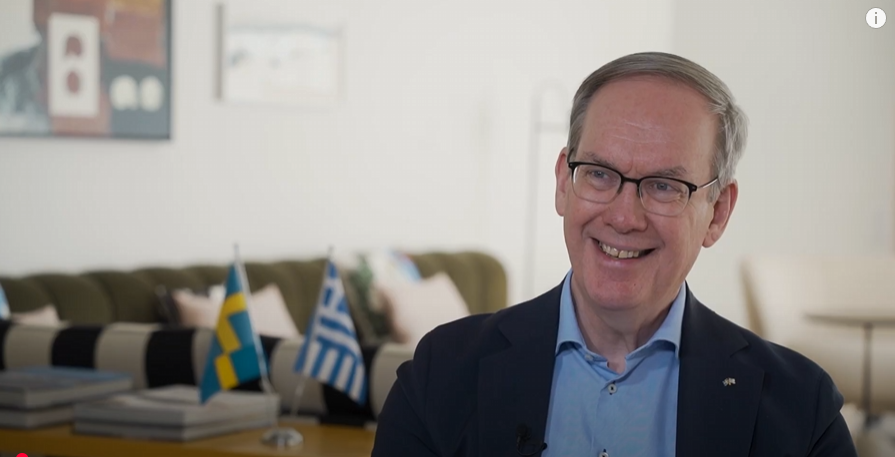Donald Trump is preparing to take office on January 20, with his team racing to make key appointments that will be tasked with implementing his key campaign promises over his first 100 days, which will focus on tax cuts, trade, immigration, federal bureaucracy, and global conflicts, says an article at OT.gr.
Among the Trump administration’s top priorities is negotiating a multi-trillion-dollar fiscal policy package to extend the 2017 tax cuts, which are set to expire next year. Trump has also proposed eliminating income tax on tips, overtime, and government pensions, as well as further reducing corporate taxes for U.S.-based manufacturers. One of his plans, however, is meeting backlash even among Republican ranks. Trump has said he plans to repeal clean energy tax credits introduced by President Joe Biden, which have proven to be a key economic driver. It remains to be seen if he will get the support to kill clean energy benefits, and whether or not he will find a way to reduce government spending enough to cover the hole left from lost tax revenue.
On the international trade front, Trump has signaled his intention to reignite trade wars, using tariffs aggressively against both U.S. allies and adversaries. Trump has recently threatened Canada and Mexico with a 25% import tariff and proposed a 10% levy on Chinese goods. Additionally, he warned BRICS nations of 100% tariffs if they distance themselves from the U.S. dollar. His broader tariff plan, which includes a blanket 20% duty on all imports, could be enacted through executive orders or legislation, though the timeline is unclear.
Immigration is another focal point of Trump’s agenda. He has pledged a crackdown on undocumented immigrants through mass deportations, detention facilities, and potentially military involvement. His team has indicated that initial efforts would prioritize deporting one million individuals, focusing on violent offenders, though wider enforcement measures are not ruled out. This policy could have far-reaching consequences, given the estimated 11.7 million undocumented immigrants in the U.S. as of 2023.
Trump has also vowed to address what he calls the “deep state,” targeting federal employees and political opponents. Controversial appointments, including Russell Vought as budget director, Kash Patel for the FBI, and Tulsi Gabbard as Director of National Intelligence, reflect this ambition. However, these measures will depend on Senate confirmations. Trump is also considering broader efforts to restructure the federal bureaucracy, with Attorney General nominee Pam Bondi potentially leading investigations into former Biden administration officials.
In foreign policy, Trump has promised to act as a peacemaker, resolving conflicts in Ukraine and the Middle East. He has endorsed a ceasefire agreement between Israel and Lebanon and sent emissaries to broker a truce in Gaza. He has also warned Hamas of severe consequences if Israeli hostages are not released by his inauguration. Additionally, Trump has tasked retired General Keith Kellogg with mediating a settlement between Russia and Ukraine, fulfilling a campaign promise to resolve the conflict within 24 hours of taking office.





